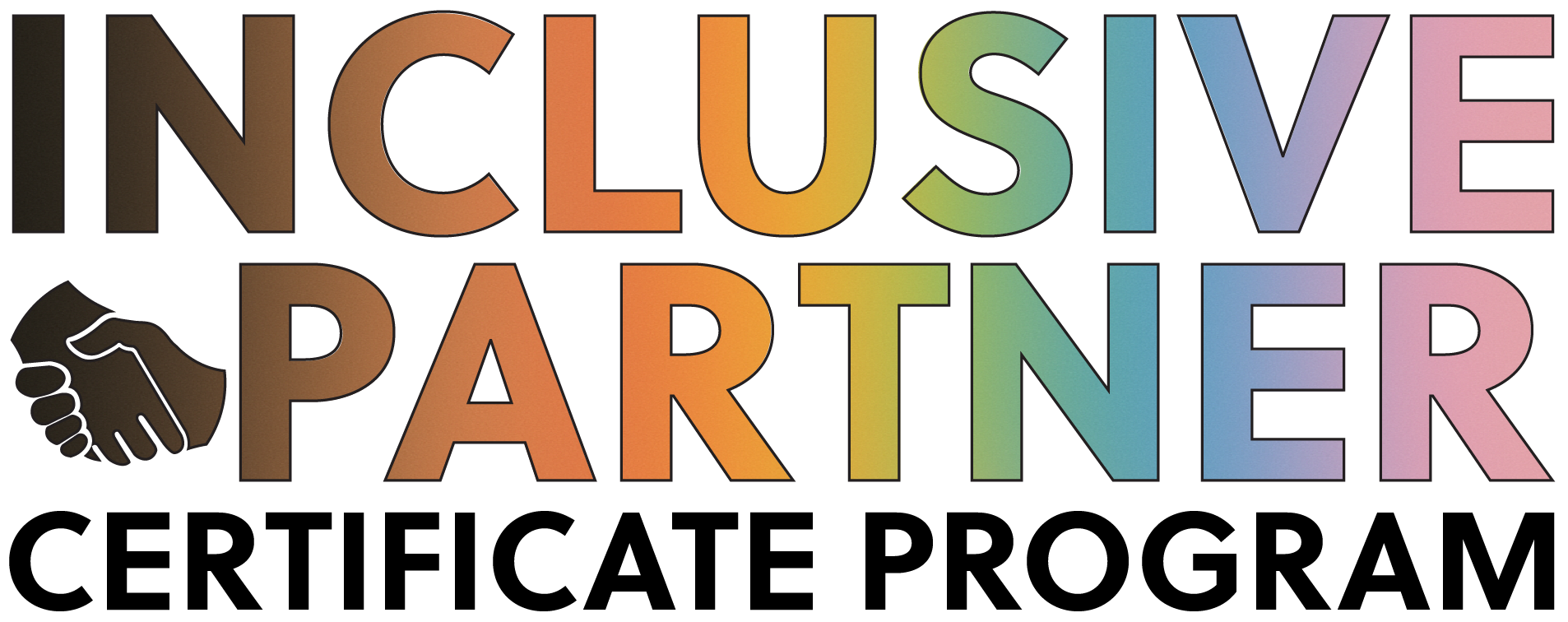Inclusive Partner Certificate Program

What is this Program?
The Inclusive Partner Certificate Program is a collaborative intiative based out of "The Hub" for Student Inclusion and Community. Through a series of workshops, The Hub invites University of Richmond students, staff, and faculty to build and maintain a toolkit of inclusive practices, ideas, and values to support our vibrant and diverse campus community. This program allows participants to complete it at their own pace.
Program Requirements
Every participant is required to attend an introductory workshop before progressing onto community specific workshops. After completing the intro workshop, program participants are required to attend at least three (3) additional community specific workshops. Once participants have completed all program requirements, they will receive a Certificate of Inclusive Partnership that recognizes their completion of the program and their status as an inclusive partner of The Hub at UR.
Recertification Requirements
Every inclusive partner is required to recertify by either attending a workshop that they haven't participated in before or attend one (1) IPC roundtable discussion every year to maintain their inclusive partner status. These roundtable discussions allow our partners to refresh their knowledge of inclusive practices and provides them the opportunity to discuss how they've incorporated these practices into their personal and professional habits.
Should an inclusive partner neglect to recertify within a year after their initial completion of the program or their last recertification, their inclusive partner status will change to "inactive" and their name will be removed from our public database until they complete the recertification requirement.
Workshops
-
Introductory Workshop
Building an Inclusive Toolkit
**All prospective Inclusive Partners must complete this workshop before progressing further in the program.
The introductory program is designed to give participants a theoretical framework of belonging and build a toolkit of inclusive practices that they can start incorporating into their daily lives. The purpose of this session is to provide a foundational understanding of inclusion and establish a baseline for all participants who plan to continue in the program. This session will lightly touch on a variety of identities, but will primarily cover general inclusive practices.
-
Disability & Accessibility
Disability, Accessibility, and Inclusivity
Per the World Health Organization, an estimated 1.3 billion individuals globally grapple with significant disabilities, equating to roughly one in every six people. Despite this substantial presence, individuals with disabilities frequently encounter inequitable conditions in their daily experiences. Attendees will acquire fundamental insights into integrating inclusive design principles into classrooms, programs, and everyday routines.
**In partnership with the Office of Disability Services
-
First-Generation & Limited-Income
Supporting First-Generation & Limited-Income Students
These two distinct yet overlapping student groups represent at least 15% of undergraduates but their identities are often hard to see. Learn about these two populations of students and how you can inclusively support their specific needs on campus. Leave with knowledge about the resources that exist for them already, and specific things you can do to minimize the ways they might feel marginalized on campus.
-
LGBTQ+
Affirming Space Training
The "Affirming Space" Training Program (formerly known as "Safe Zone") is a two-part series designed for faculty, staff, and students who want to strengthen their cultural competency as it relates to the lesbian, gay, bisexual, transgender, and queer (LGBTQ+) community.
Using an intersectional framework, participants will learn more about the histories, identities, experiences, and relationships of LGBTQ+ people. They will also learn how to foster inclusive environments for LGBTQ+ people, including communication tips, names and pronouns, inclusive language, and best practices.
**Participants who have completed Affirming Space Training prior to taking the introductory workshop can still receive credit toward their Inclusive Partner Certificate. However, credit will only be given once participants have completed the IPC Post-Workshop Survey for those trainings.
Click here to learn more about Affirming Space Trainings with The Hub
-
Race & Culture
"Understanding Race & Culture: Bridging Gaps and Building Empathy"
Given the broad scope of this topic, it will be presented through capsuled workshops focused on distinct racial and cultural communities. These sessions will examine critical historical developments in the U.S. and their continuing impact today, equipping participants with narratives and actionable practices to identify and address racial and cultural bias.
-
Religion & Spirituality
Supporting Religious and Spiritual Communities
This session will highlight some of the major ways religion affects our society, explore how matters of religious and spiritual diversity play out on campus, and provide participants with a set of best practices and campus resources for how to navigate and address issues of religion and spirituality in their lives
**In partnership with the Office of the Chaplaincy
-
Restorative Justice
Introduction to Restorative Justice
Communities facing conflict and harm need support for individuals and the collective. Restorative justice offers a path to healing by focusing on peaceful solutions and repairing the harm caused. This workshop will explore the principles of restorative justice, helping us understand how to build stronger, more resilient communities together.
-
Trauma Informed Campus
Building a Trauma Informed Campus
In this workshop participants will understand prevalence of sexual violence on campuses and beyond. Participants will also Identify 4 neurobiological responses to trauma, as well as behavioral, cognitive, and emotional responses to trauma, define trauma-informed practice, and identify at least one trauma-informed practice to implement in their work.
**In partnership with the Center for Awareness, Response, & Education (C.A.R.E.)